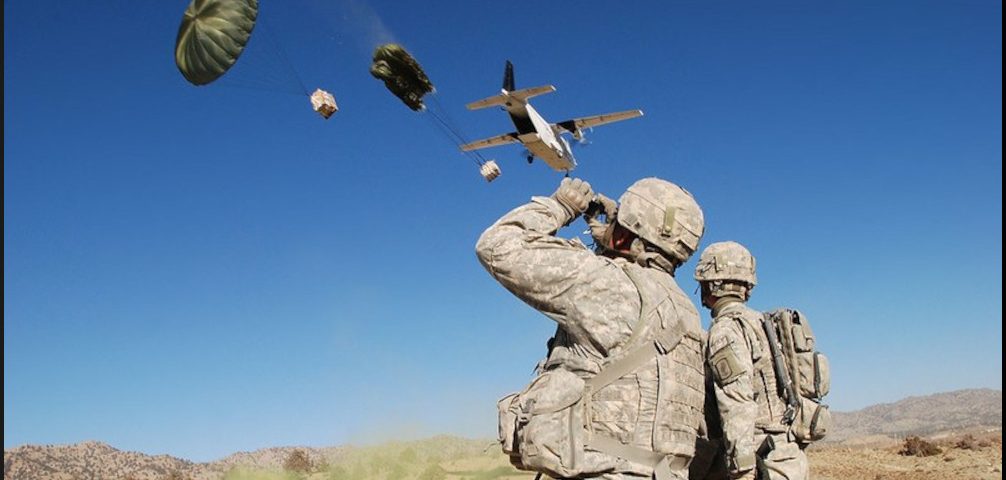by Ron Jacobs, published on CounterPunch, March 16, 2021
It is said that the human body replaces itself every 7 years. If this is true (give or take) then what is the identity that inhabits that body? After 20 years, the state of the Afghan War is the same. No amount of management of details will do. The only way to end it is to let go, to turn and leave without preconditions. A falling leaf for the empire is rebirth for Afghanistan. [jb]
The United States military and mercenary forces need to leave Afghanistan now. Even Donald Trump understood this, at least in public. The US mission was a failure within a year of its 2001 invasion. It could not and cannot reshape the political landscape in that nation. It tried in the 1970s and the 1980s when it created and armed the mujaheddin to fight the Soviet-supported government. It couldn’t mold the nation of Afghanistan into a willing client after the Taliban marched into Kabul. It has failed to do so since it invaded the country in 2001 under the pretense of going after Osama bin Laden. To repeat, the US needs to leave the people of Afghanistan alone.
Over the weekend, the Washington Post reported that the Biden White House (and its friends in the Pentagon) are considering postponing the scheduled May 1, 2021 withdrawal of most US military forces from Afghanistan. This is not only wrong, it’s foolish. The US will not get its way in Afghanistan more than any other invading nation has. Twenty years of war and close to fifty years of armed meddling should prove that. Although only 2500 troops officially remain in Afghanistan, the symbolism of their leaving without a victory seems to be too much for some to take. Indeed, last month Biden’s Defense Secretary Lloyd Austin said US military forces “will not undertake a hasty or disorderly withdrawal from Afghanistan that puts [its] forces or the alliance’s reputation at risk.” When all other reasons to occupy a nation with foreign forces have proven false, Washington is never afraid to bring up the face-saving argument.
After all, if one truly takes a moment to consider it, what reputation is General Austin referring to? Would it be the reputation of NATO as a tool of the world’s bloodiest imperial nation? Or perhaps he meant the United States’ reputation as the nation whose promises at peace talks were referred to by Chief Joseph of the Nez Perce in this manner: “White man speak with forked tongue?” Maybe he was referring to the reputation of the US/NATO weapons industry’s claim that its products are designed to make and keep the peace; a claim brutally exposed in Afghanistan.
If one looks at the history of Afghanistan over the past fifty years, it becomes clear that the primary reason for its current situation is the meddling of the United States. The US involvement in Afghanistan that began under Jimmy Carter was not an accident. Led by neocons Zbiegniew Brzezinski and Richard Pipes and aided by liberals like Barney Frank and Paul Tsongas, this ultimately successful effort represented a resurgence of the pro-militarist wing of the policy establishment as the primary architect of US foreign policy. What this meant for Afghanistan was that Washington was going after the progressive government in Kabul by backing a class of socially and politically reactionary mullahs and landowners opposed to any social reform for generations. This mujaheddin war and what followed destroyed the social progress made under previous Afghan governments. Women and girls were relegated to second-class status and fundamentalist intolerance became the order of the day. Ultimately, these forces won thanks to the support of Washington and Saudi Arabia. The strongest of these reactionary mujaheddin groups were called the Taliban. It was they who claimed victory in 1996. It was the Taliban the United States said they were going after when it attacked Afghanistan in 2001.
One can not be certain why the United States is still in Afghanistan. It could be to control the opium business or it could be for alleged mineral resources. It could be for strategic reasons or it could be to force a US-style regime on the nation. It could be all these and more. The original intent to exact revenge for the events known as 9-11 is long gone, along with most of the original players in that episode. In fact, it seems fair to say the only players present back in October 2001 when the first attacks occurred are the arms manufacturers the US military and the CIA. The phenomenon known as Al Queda is not the same as it was, nor are the Taliban and other resistance forces. The US mercenary forces once known as Blackwater are not only operating under a new corporate name, but also different directorships.
The failure of the US to impose an effective client government in Afghanistan is not a good reason to remain in that country until one is established. Instead, it is real proof of the failure of any policy that requires a military occupation in that nation and region. Keeping US forces there to support the US-funded regime in Kabul is an admission that Washington’s policy has failed. It’s time to accept that and get out, lock stock and barrel.
